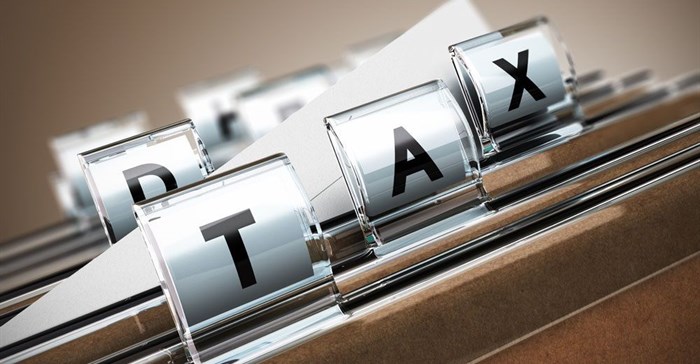By now the whole of South Africa is aware of the increase in the VAT rate to 15%, announced during the 2018 Budget Speech. The increase in the VAT rate (the first since 1993) is effective from 1 April 2018 and has raised a number of questions regarding the VAT implications of transactions that are currently being concluded. One of these questions is how does the increased VAT rate affect fixed property sales that are currently in progress or being negotiated (i.e. before 1 April 2018)?
This question stems specifically from the application of the time of supply rules regarding the sale of fixed property. If a VAT vendor (for example a property developer) has signed a sales agreement on 1 January 2018, but both the payment of the sales price and the transfer of the fixed property is effected on or after 1 April 2018, which VAT rate applies to the transaction – 14% or 15%?
Per section 9(3)(d)((ii) and (iii) of the VAT Act, fixed property is supplied under a sale at the earlier of the dates on which registration of the transfer of the fixed property at the Deeds Office takes place or when any payment in respect of the consideration for such supply is made by the purchaser.
The issue now at hand is where a VAT-registered property developer enters into a sales agreement with a purchaser on 1 January 2018 for the sale of a unit with a price being R10m (inclusive of VAT). Both parties sign the agreement on 1 January 2018, construction commences before 1 April 2018, concludes thereafter and the resultant registration of the transfer of the property in the Deeds Office is effected after 1 April 2018. Payment is made on transfer date.
Per the fixed property time of supply rules, the time of the supply takes place after 1 April 2018 effectively resulting in the transaction being subject to VAT at 15%. The seller ends up receiving less from the sale or conversely the purchaser ends up paying more.
Luckily, there is a knight in shining armour – section 67A(4) of the VAT Act. Almost hidden away at the end of the VAT Act, the section has not often been looked to for relief considering that the VAT rate has remained at 14% since 1993.
In short, the section provides that, subject to certain conditions, the VAT rate that is effective on the date that a written sales agreement is entered into will apply. The 14% VAT rate would apply to the supply of fixed property where, before the date on which an increase in the VAT rate becomes effective (i.e. 1 April 2018), a written agreement is concluded and all of the following apply:
- The sale of fixed property consists of any residential dwelling (i.e. not a commercial property);
- The price paid in respect of the sale or construction in question was determined and stated in the written agreement, as in force before the increase date, and that agreement was signed by the parties thereto before the increase date; and
- The supply of such fixed property under the written agreement is deemed to take place on or after the increase date.
From the above, it follows that specifically residential property developers could benefit from the application of section 67A(4). The sale of non-residential properties / commercial properties could therefore be subject to the 15% VAT rate if the time of supply is on or after 1 April 2018 – parties involved in these transactions are best advised to review their sales agreements to ensure that provision is made for the increased VAT rate and appropriate mechanisms are in place.
































